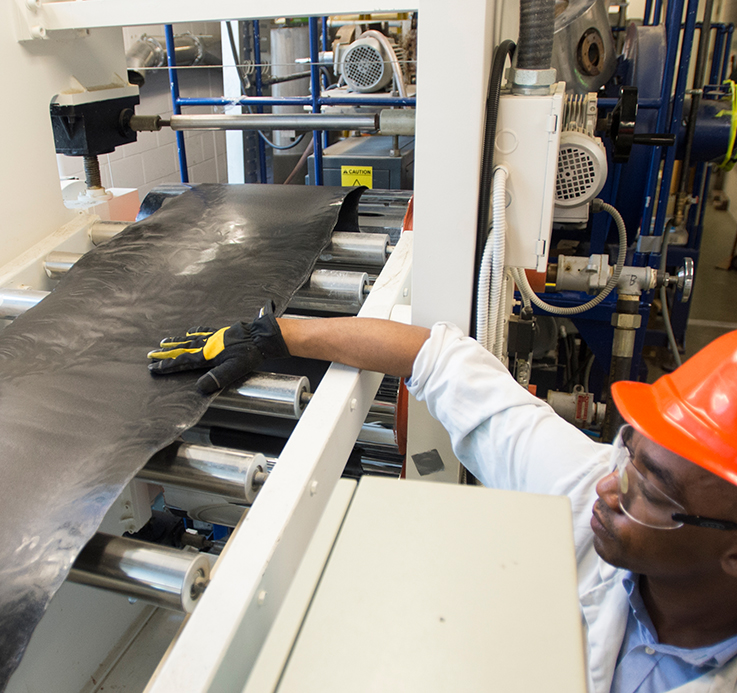
Using wood in novel ways
Car parts, yogurt, paint: Scientists are using wood in novel ways, hopefully staying the axe on forestry education before it’s too late
More and more people read articles such as this one on a screen, curbing the demand for newsprint. Our broom handles are made of plastic; our houses are brick, concrete and drywall. We just don’t need trees the way we used to, which has researchers and the industry scrambling to find new applications.
One particularly novel idea is to build cars out of wood. On the surface, it sounds ridiculous. After all, wood is highly combustible and car engines quickly run hot. Still, that hasn’t stopped the University of Toronto from trying to make it happen.
Inside the university’s “high-performance bio-carbon composites pilot facility,” is a machine that looks like something from a Dr. Seuss book, but it can make car parts from wood. Mohini Sain, U of T’s dean of forestry, insists the parts are perfectly safe even though the aroma inside the facility smells a lot like a wood stove crackling to life in a ski chalet on a winter morning.
A few weeks ago, Ford Motor Company of Canada Ltd. summoned Sain to Windsor, Ont. There, in the presence of Prime Minister Justin Trudeau, Ford announced a $500-million research and development program in Canada that includes “lightweighting” — that is, car parts made with wood.
But this recognition of forestry’s importance may have come too late for some.




